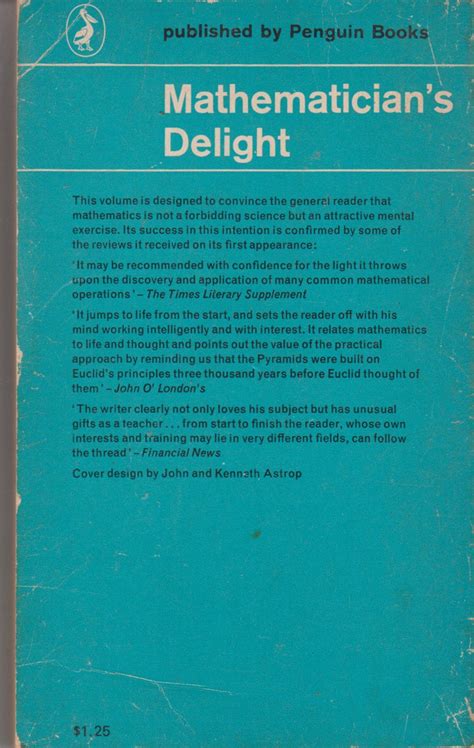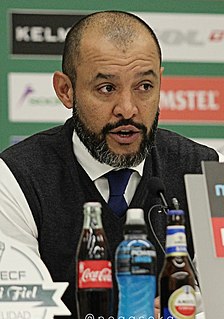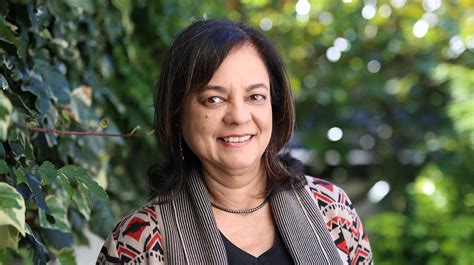A Quote by W. W. Sawyer
Most remarks made by children consist of correct ideas very badly expressed. A good teacher will be very wary of saying 'No, that's wrong.' Rather, he will try to discover the correct idea behind the inadequate expression. This is one of the most important principles in the whole of the art of teaching.
Related Quotes
I'd like to give every young teacher some good news. Teaching is a very easy job. Administrators will tell you what to do. You'll be given books and told chapters to assign the children. Veteran teachers will show you the correct way to fill out forms and have your classes line up.And here's some more good news. If you do all of these things badly, they let you keep doing it. You can go home at three o'clock every day. You get about three months off a year. Teaching is a great gig.However, if you care about what you're doing, it's one of the toughest jobs around.
The more you believe it, the more it starts to become real for you. This is why it is so very important to believe in positive things, rather than negative things. Whatever you believe, you will find that you are correct. The universe has a way of presenting to you exactly what you believe. If you think life is great, you are correct. If you think life is tough, you will be proved correct too.
As an educator, I try to get people to be fundamentally curious and to question ideas that they might have or that are shared by others. In that state of mind, they have earned a kind of inoculation against the fuzzy thinking of these weird ideas floating around out there. So rather than correct the weird ideas, I would rather them to know how to think in the first place. Then they can correct the weird idea themselves.
The most valuable thing a teacher can impart to children is not knowledge and understanding per se but a longing for knowledge and understanding, and an appreciation for intellectual values, whether they be artistic, scientific, or moral. It is the supreme art of the teacher to awaken joy in creative expression and knowledge. Most teachers waste their time by asking questions that are intended to discover what a pupil does not know, whereas the true art of questioning is to discover what the pupil does know or is capable of knowing.
Implanting spiritual ideas in children is very important. Many people live their entire lives according to the concepts that are implanted in them in childhood. When children learn they will get the most attention and love through doing constructive things, they will tend to stop doing destructive things. Most important of all, remember that children learn through example. No matter what you say it is what you do that will have an influence on them.
For what is important when we give children a theorem to use is not that they should memorize it. What matters most is that by growing up with a few very powerful theorems one comes to appreciate how certain ideas can be used as tools to think with over a lifetime. One learns to enjoy and to respect the power of powerful ideas. One learns that the most powerful idea of all is the idea of powerful ideas.
The ability to help others gain insights seems very important to me, and I think one of the most effective, but most difficult, ways is to listen sympathetically when people seem to be saying stupid things or thinking in confused ways. Rather than write them off, we can try to diagnose what is wrong with their thinking - what flawed belief they might be holding. And then search for ways that enables them to discover the flawed belief for themselves.
In the art of teaching, we recognize that ideas and insights need to cook over a period of time.
Sometimes the student who is least articulate about expressing the ideas is in fact the one who is absorbing
and processing them most deeply. This applies as well to our own private learning of our art form; the
areas in which we feel most stuck and most incompetent may be our richest gold mine of developing
material. The use of silence in teaching then becomes very powerful.
We are the most focused company that I know of or have read of or have any knowledge of. We say no to good ideas every day. We say no to great ideas in order to keep the amount of things we focus on very small in number so that we can put enormous energy behind the ones we do choose.....It's not just saying yes to the right products, it's saying no to many products that are good ideas, but just not nearly as good as the other ones.





































